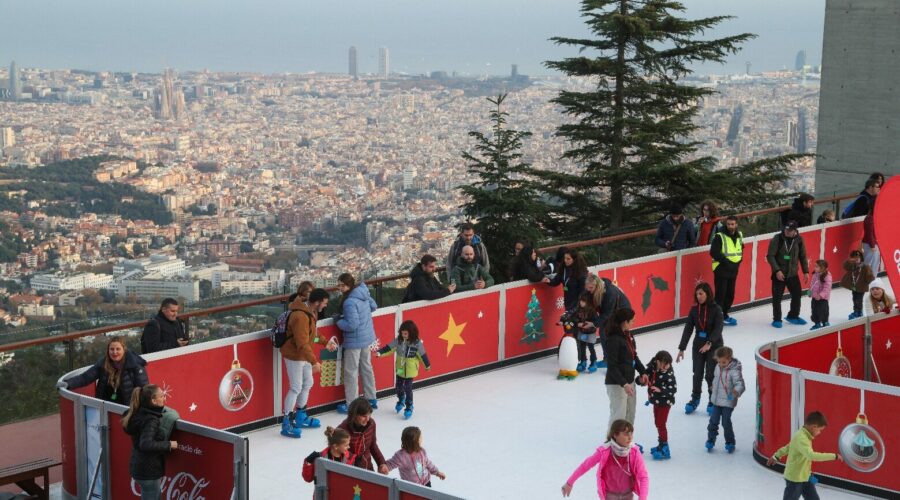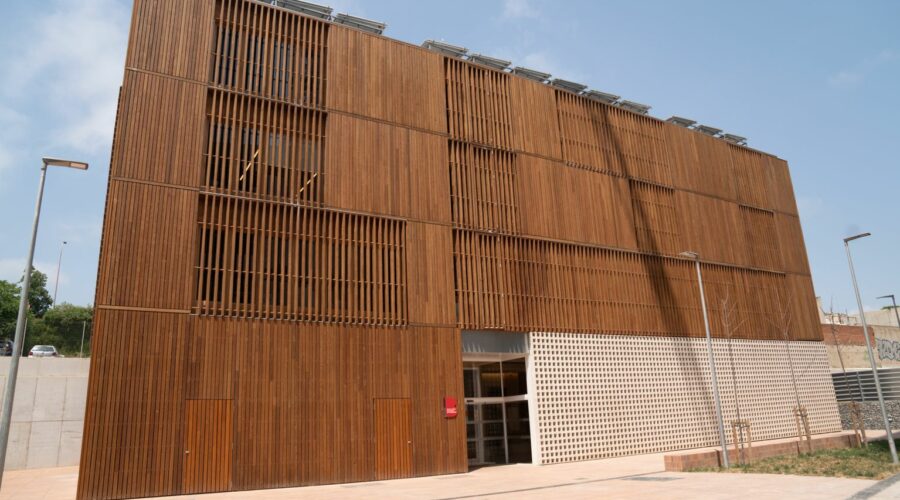
The renowned Colombian writer Gabriel García Márquez, affectionately known as Gabo, left an indelible mark on the city of Barcelona during the 1970s.
His time in the Catalan capital not only marked an important transition in his personal life, but also had a significant influence on his literary career.
García Márquez arrived in Barcelona in the 1960s with his wife Mercedes Barcha and his sons Rodrigo and Gonzalo. This trip from his native Colombia to Barcelona was a turning point in his life, marking the beginning of a new stage both personally and professionally.
They initially settled in an aparthotel on Lucà Street, before moving to 168 República Argentina Avenue. This modest apartment would become a place of profound importance to the writer, a crucible of thought and creativity.
In the streets of Barcelona, Gabo found the tranquility and the right atmosphere to tackle an ambitious literary project, comparable in magnitude to his masterpiece, “One Hundred Years of Solitude”.
Barcelona, with its unique blend of modernity and tradition, provided the perfect setting to fully immerse himself in what he called the novel in which he invested the most work and effort: “The Autumn of the Patriarch”.
Gabriel García Márquez in Barcelona: stories of his life and work
He not only wrote in Barcelona, but also became an active part of the cultural and social life of the city. His friendship with Peruvian writer Mario Vargas Llosa, who lived on the same street.
In that vibrant Barcelona of the 1960s, Gabo not only forged literary ties, but also became involved in political issues related to Latin America.
Heated discussions and passionate debates about revolution and politics echoed off the walls of his home.
But Gabo’s life in Barcelona was not only about seriousness and politics. His friends remember him for his legendary naps, in which he seemed half asleep but from which he would occasionally come up with a great phrase.
He also enjoyed the little things in life, like buying guava quinces at a nearby store or sharing fried eggs and potatoes at El Reno restaurant.
Man of superstitions
Besides being known for his literary genius, Gabo was also a man of rituals and superstitions. He avoided sleeping in an apartment because of the beliefs of a neighbor considered “turkey”. He promoted naturalness and advised his friends that this trait would open doors for them in life.
Although he left Barcelona in 1975, his legacy lives on in the city. The library built in his name, recently recognized as one of the best in the world, is a testament to his lasting influence on Catalan readers.



